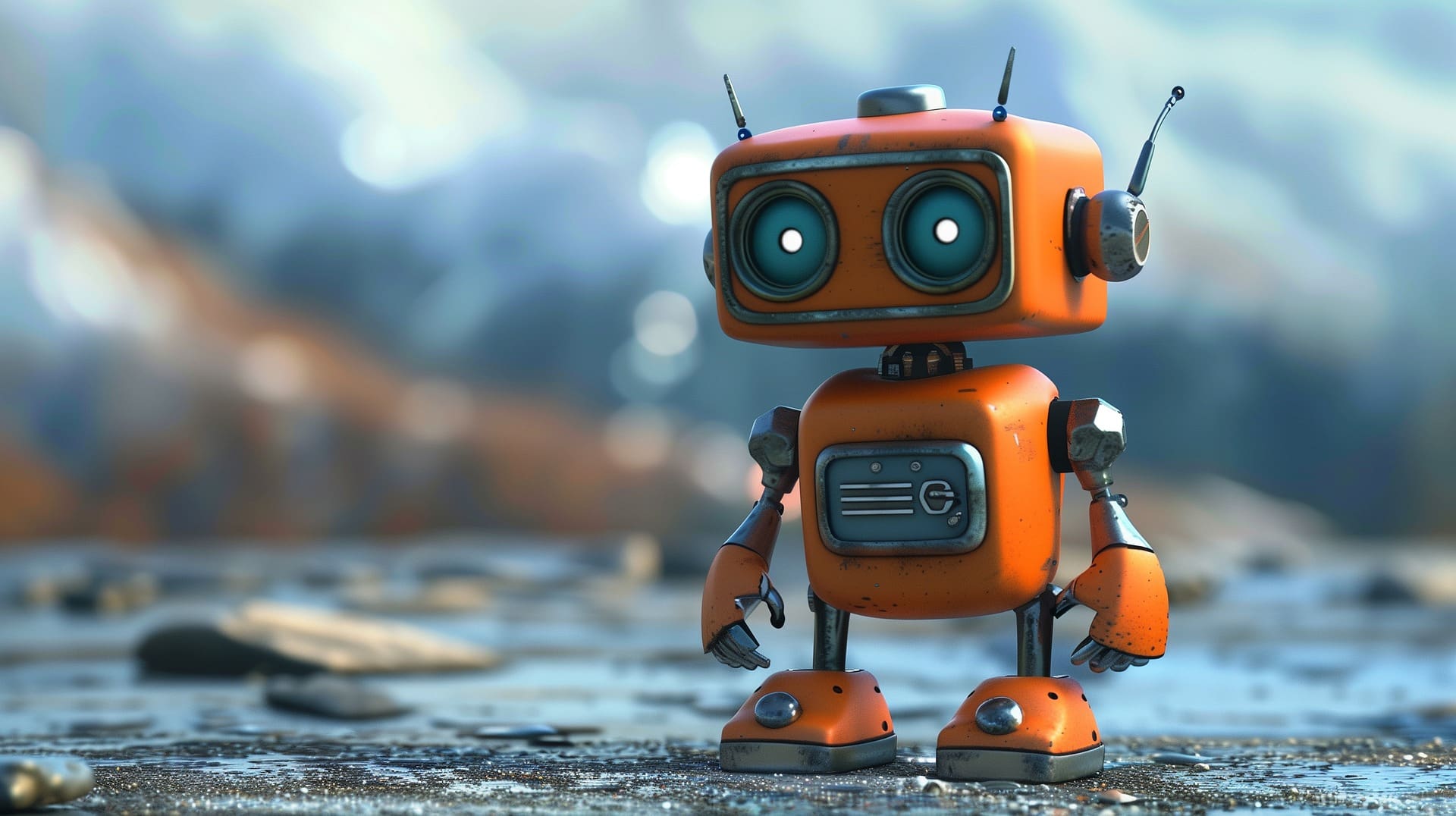In-Short
- AI is deeply integrated into daily life, from digital assistants to smart home devices.
- By 2033, robots could perform nearly 40% of household tasks, with grocery shopping becoming highly automated.
- The AI market is expected to grow to US$826 billion by 2030, influencing various sectors.
Summary of AI’s Impact on Daily Life and Market Growth
Artificial Intelligence (AI) has become a fundamental part of our daily routines, often without us realizing its pervasive role. From the early dreams of robotic housemaids like Mabel in 1966 to today’s reality of AI-powered digital assistants such as Alexa, Siri, and Cortana, AI has evolved to perform a variety of tasks that streamline our lives. Experts predict that by 2033, robots will handle nearly 40% of household chores, with grocery shopping expected to be 60% automated. However, AI is less likely to take on caring roles due to social acceptability concerns.
AI’s influence extends beyond household tasks, with a significant presence in the global economy. The AI market size is projected to reach a staggering US$826 billion by 2030, growing at a rate of almost 29%. This growth is reflected in everyday technologies such as biometric phone unlocking, personalized online gaming experiences, and curated social media feeds. AI’s next challenges include combating misinformation and cyberbullying, especially during election years.
While we may not have robots like Mabel doing our housework, our homes are increasingly equipped with ‘smart’ devices. Thermostats and refrigerators that can be controlled and monitored via smartphones are just a few examples of how AI is making our living spaces more intelligent. Despite the absence of a physical robot maid, AI continues to shape our domestic lives in subtle yet profound ways.
Explore More
For a deeper dive into the transformative power of AI and its market potential, visit the original source for more detailed insights.










